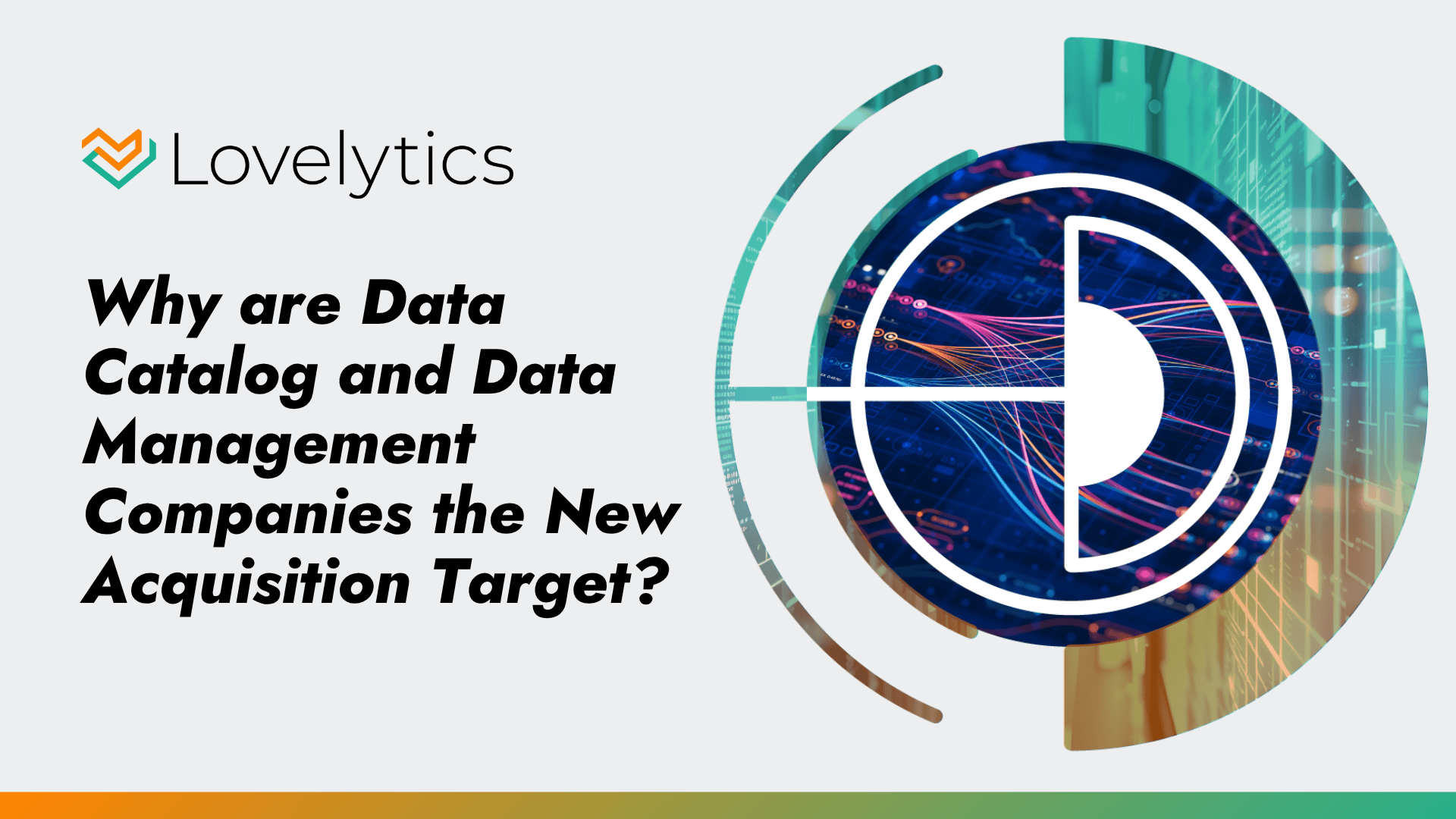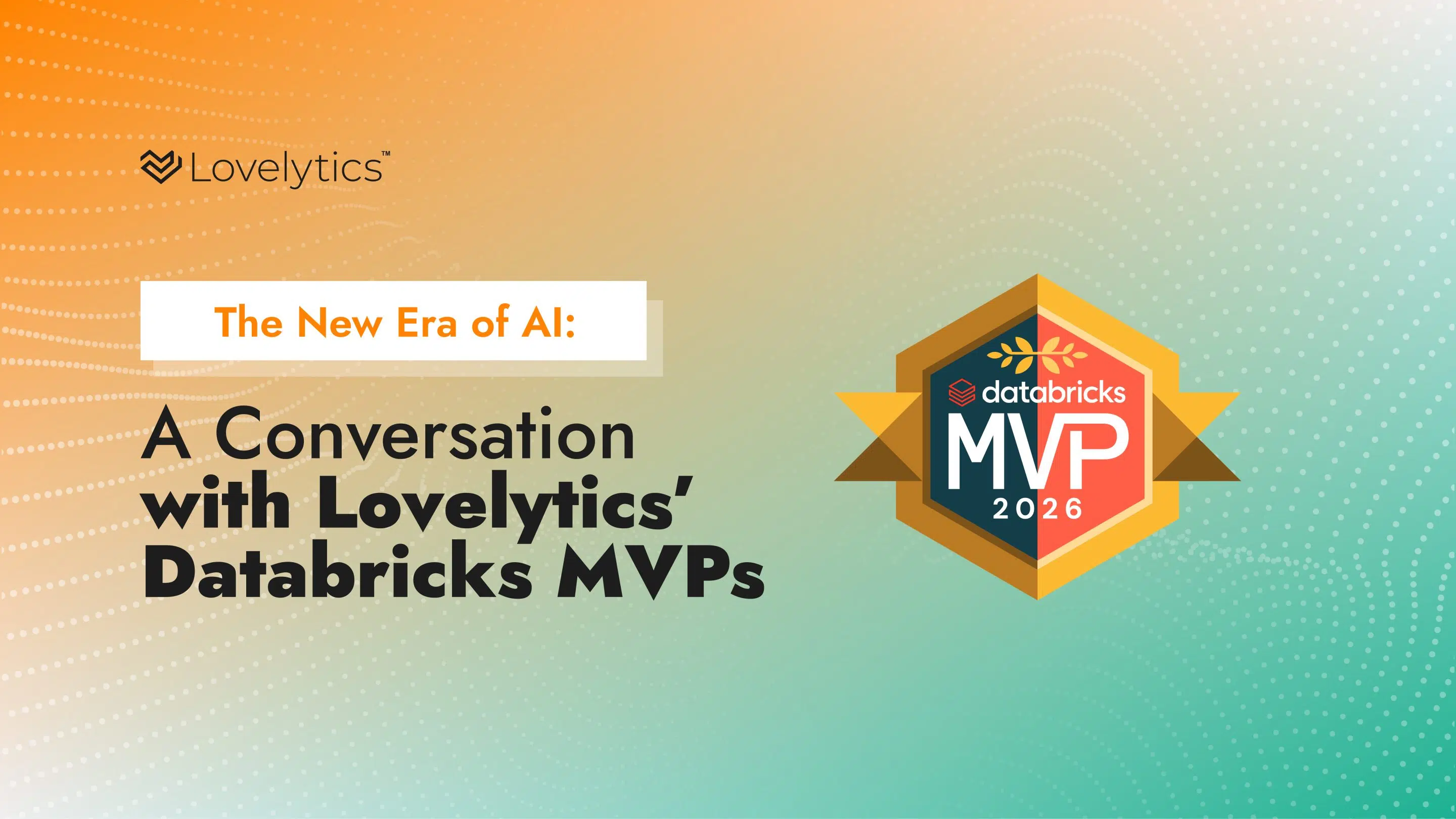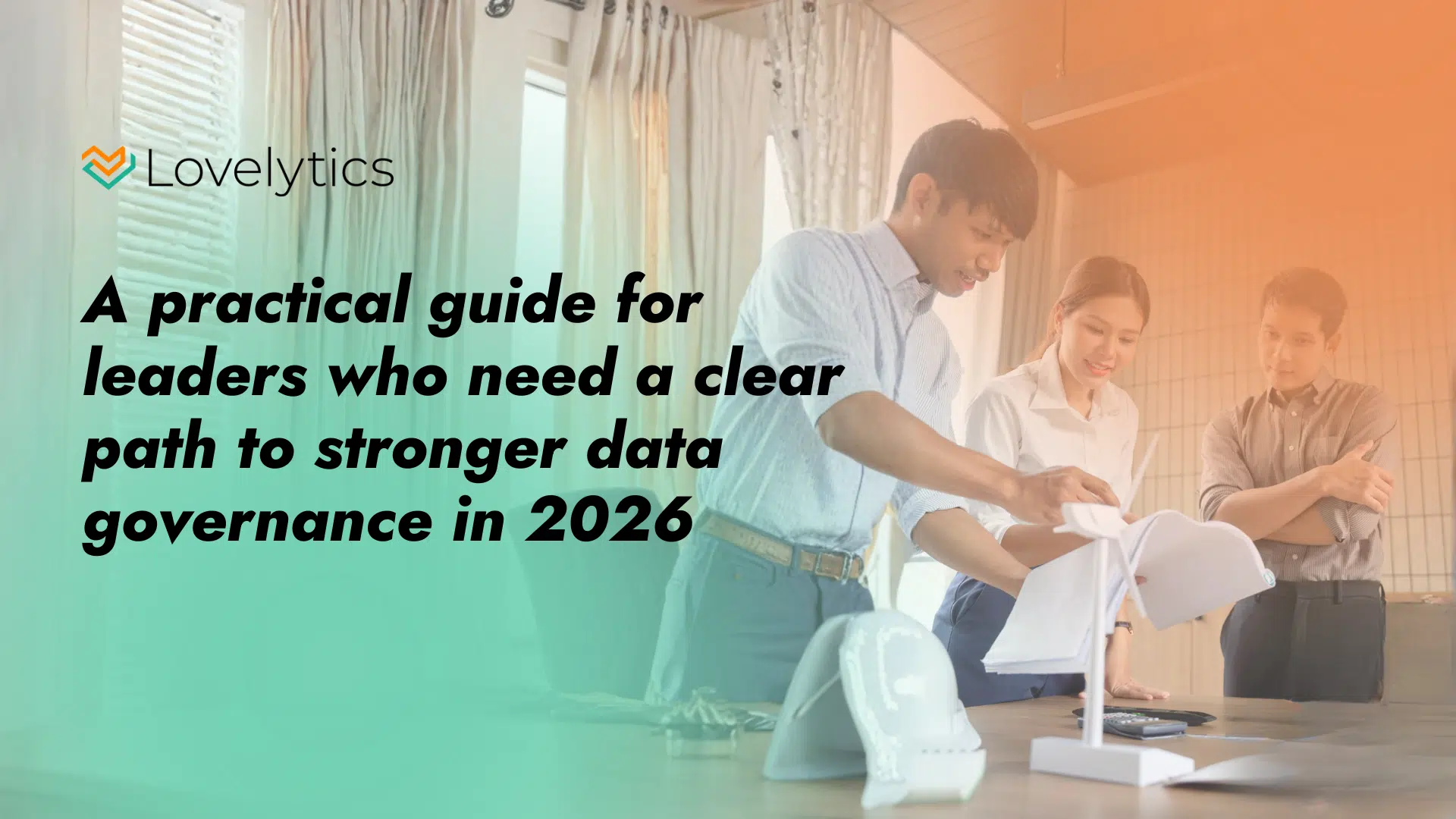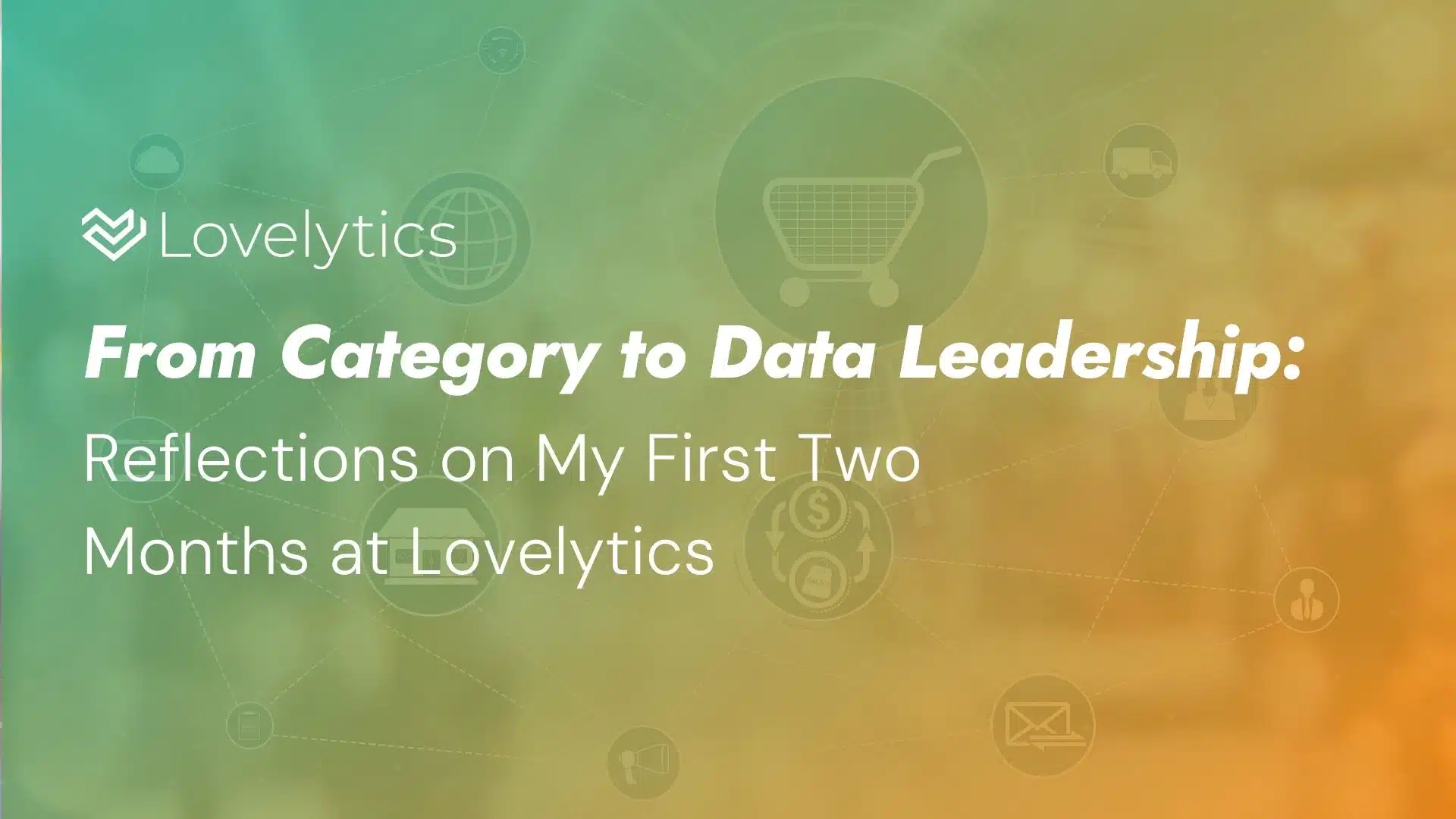At the end of May, Salesforce announced that they were acquiring Informatica for about $8 billion. The acquisition demonstrated Salesforce’s intent to enhance its data capabilities and bolster its position in the hyper-evolving AI sector. By integrating Informatica’s offerings, Salesforce aims to provide the in-depth data understanding needed for autonomous AI agents.
On May 12th, ServiceNow acquired data.world. KM World reported “the deal is expected to enhance ServiceNow’s Workflow Data Fabric and AI Platform with stronger metadata management and governance layers—both increasingly critical for scaling AI use across enterprises.” In the spirit of full disclosure, data.world is one of our data catalog partners at Lovelytics and shares common customers with Lovelytics.
This recent surge in mergers and acquisitions within the data catalog and metadata management sector underscores a pivotal shift in the AI technology landscape. Clearly stated, metadata is no longer a backend concern or a vehicle to enable data democratization for data consumers. It is now also viewed as the backbone enabler for AI success.
Metadata Management: The Unsung Hero of AI
It is my opinion that effective metadata management is a critical enabler for AI systems, providing the context, lineage, and governance necessary for accurate and ethical AI operations. Effective metadata management fosters data quality management capabilities and enhances model training, essential requirements for AI accuracy and reliability.
For years, organizations have struggled to find critical business value from their investments in metadata management capabilities. Extensive data catalog implementations that were a key technological component of robust metadata strategies were implemented to improve data searchability, enhance data quality, and ensure compliance with regulatory requirements. Now with the desire for organizations to rapidly innovate and integrate AI into their business practices, leaning into these metadata investments will hopefully drive the full potential of their AI initiatives.
Clearly, the metadata management market is becoming red hot and I have been receiving a number of inquiries from data leaders across our client base about how they now view the integration of data catalogs no longer as a tool to inform their data users about business definitions or schema characteristics, but instead as an enabler to drive lineage capabilities but to also drive evaluation of AI use cases. Effective AI use case evaluation is a key component in executing AI governance. Data availability, ethical, privacy, sensitivity and quality evaluations are critical to assessing AI use case viability and business value.
Conclusion: Metadata Management as the Foundation for AI Success
The latest mergers and acquisitions in the data catalog application space highlight the critical role of metadata management in achieving AI success. As organizations strive to harness the power of AI, investing in robust metadata management strategies will be essential to ensure data quality, compliance, and the effective operation of AI systems.
To gain a deeper understanding from the front lines of why data catalogs are critical for AI success, I reached out to Prukalpa Sankar, Co-founder of Atlan.
“We’re thrilled to partner with Lovelytics, a firm that understands the critical role of context in today’s enterprise. In an AI-native world, data alone isn’t enough; you need a unified, intelligent platform for context and governance. That’s what Atlan’s metadata lakehouse delivers: it acts as the central control plane, unifying context from across the entire data + AI estate, including the Databricks Data Intelligence Platform. This allows enterprises to cross the AI Value Chasm – moving from AI experimentation to scaled AI in production.”
Ready to Unlock the Full Potential of AI with Metadata?
At Lovelytics, we help organizations turn metadata into a competitive advantage—enabling smarter AI, stronger governance, and better business outcomes. Visit our homepage to learn how we can help you future-proof your data strategy.












